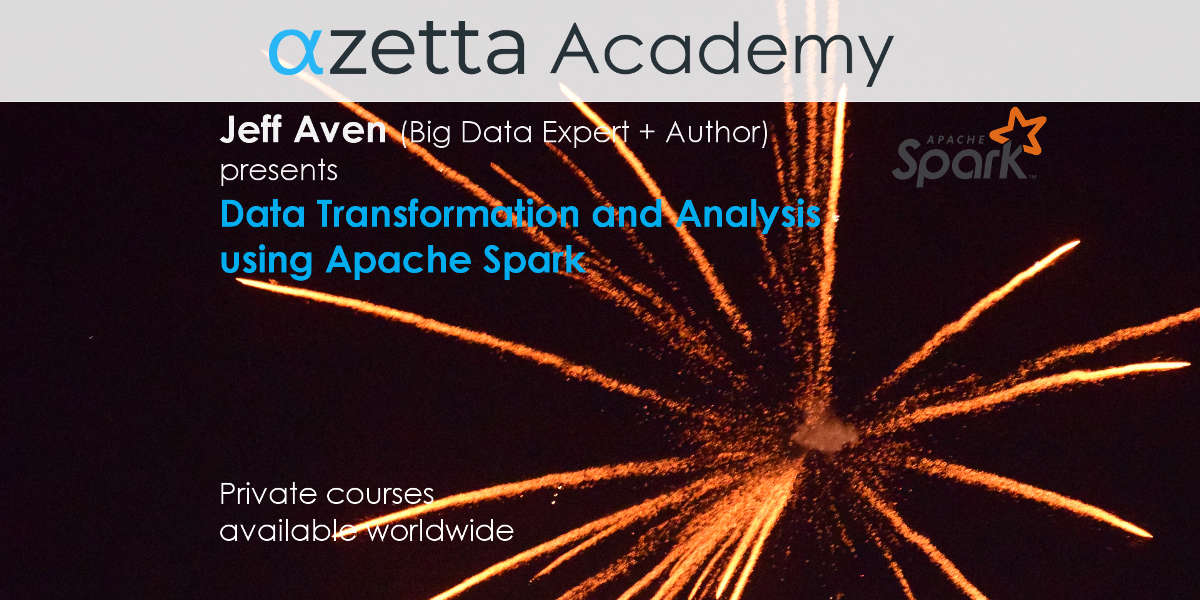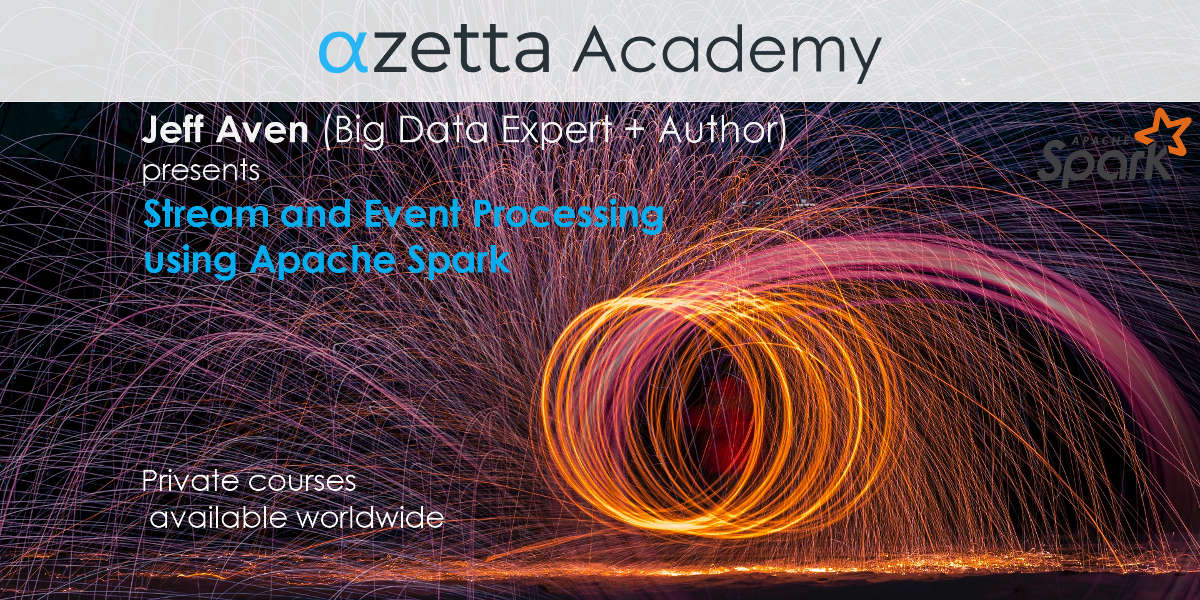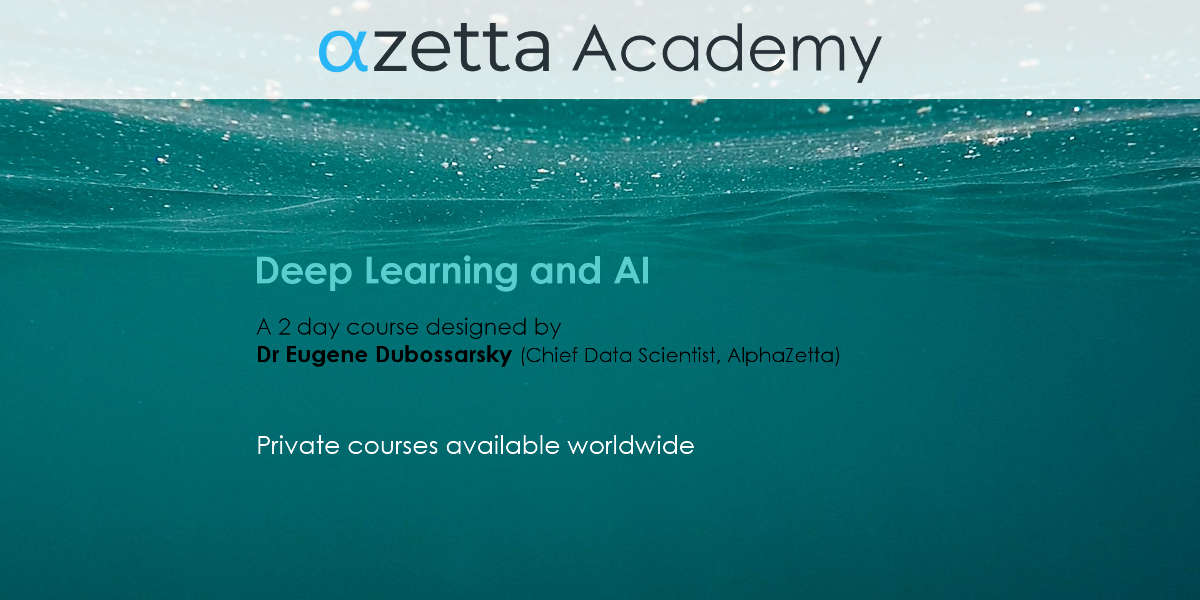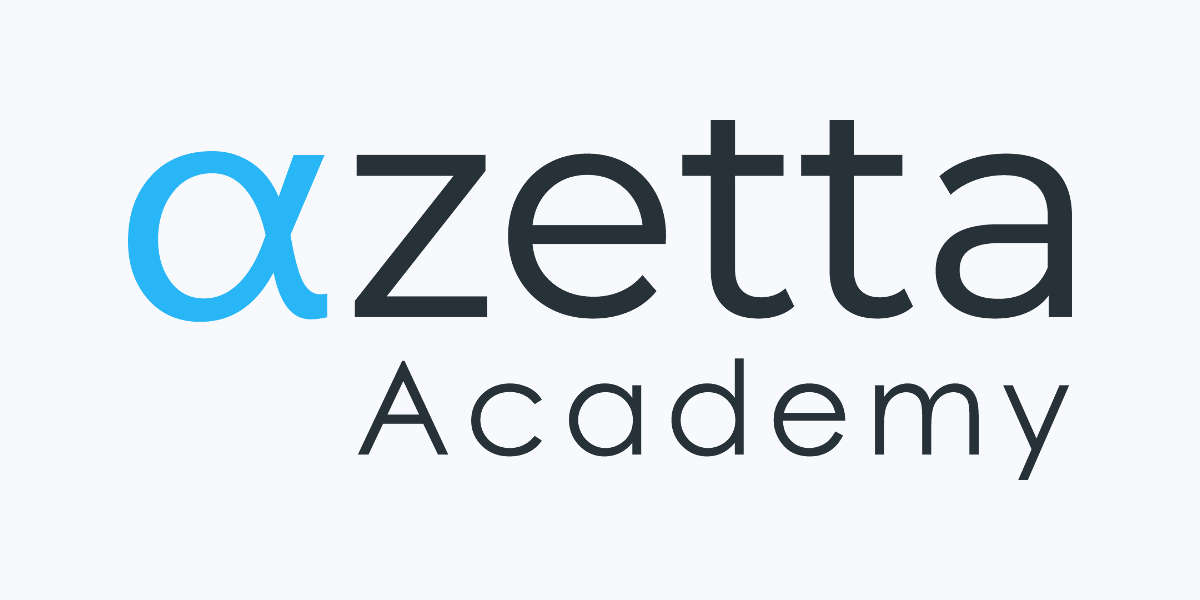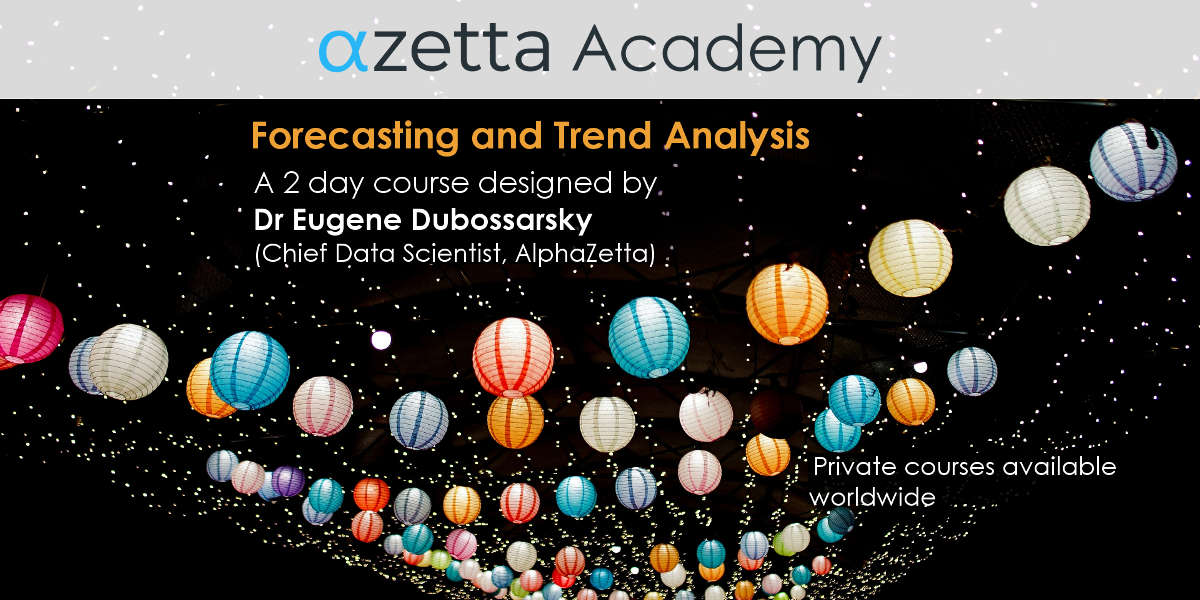Our Data Science Curriculum is comprehensive in its coverage of the many topics in the field. We offer starting points for all levels – from raw beginner to expert. Our curriculum is customisable for organisations with specific needs.
Courses are offered in online and face-to-face formats.


